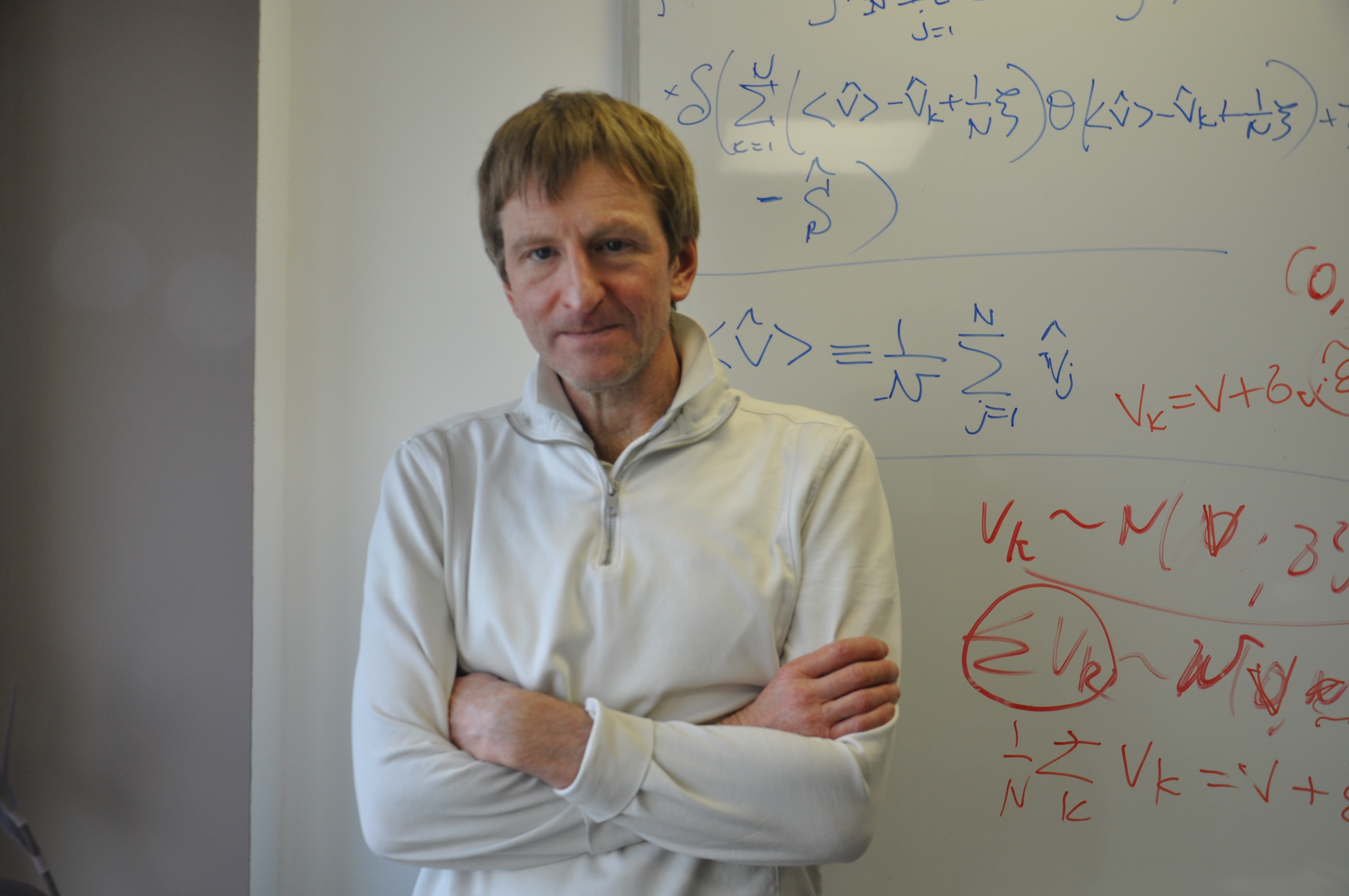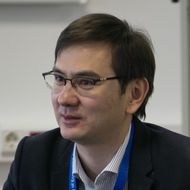First Online Moscow Finance Conference

On October 23-24, the International Moscow Finance Conference will open its doors for the ninth time, organized by ICEF in cooperation with the London School of Economics. This year’s speakers include editors of two major economic journals. We talked to Alexei Boulatov, ICEF Full Professor to find out how the quality of scientific events has been influenced by online format, how academic life has changed over the recent months and what themes the research community pursues these days.
Why conferences aren’t trending
The organizing committee, consisting of ICEF Associate Professor Vladimir Sokolov, London School of Economics Associate Professor Christian Juilliard and myself, have been consistent in the view that fundamental science defies global agendas or trends. So, the conference is not to be expected to bring up COVID-19 or give its feedback on what is happening in the world at the moment.
Scientific thought follows its own logic and operates independently of popular trends. We designed this upcoming conference to be led by eminent academics with diverse backgrounds in financial economics – corporate finance and asset pricing, their empirical and theoretical sides.

And we seem to have succeeded. This year’s conference features some influential world-class speakers who see ICEF as an interesting venue and a promising research community. Its having been moved online has played its role in selection of participants.
How going online boosts quality
A conference, in its traditional form, is about flights, tours – of the universities and cultural sites – and cuisine. Unlike earlier, when academic tourism was an integral, and sometimes even most favoured, part of research, the modern-day conferencing is cutting down on entertainment to focus more on the research per se.
Those who haven’t slacked off academically and research-wise are exactly the people we are targeting. And in this sense the online format has only added to the quality: the conference has a team of prominent personalities who find it important to be interacting with ICEF and its research community.
Vladimir Sokolov, ICEF Associate Professor, conference organizing committee member

This year we are running the Ninth International Moscow Finance Conference which over years has grown into a significant academic event. The fact that many prominent speakers will be presenting this year is due to the growing academic reputation of the conference.
We will have presentations by researchers from the United States and Europe, as well as by two of our colleagues at ICEF, Professors Sylvain Carré and Dmitry Makarov. Also many of our colleagues will be acting as discussants which generates the feedback and networking and is very conducive for future publications.
Interestingly enough this year’s conference has a significant focus on the banking research topic. Economic consequences of the 2008 financial crisis are still being investigated quite actively which allows us to learn about the current impact of the banking sector developments on the real economy. The mechanism of how financial institutions influence the real sector is an active research area, and I hope that our conference will provide a significant contribution to it.
The online format is, however, not without flaws. The university – a real place with its unique atmosphere and people who may not be part of the conference but are still an essential part of the research community – is hidden. In the future, we will try to achieve a combination of online and face-to-face communication. The offline interaction, in so far as it has been an established practice with its culture, traditions, even code of conduct, is indeed embedded in research community.
Can we expect enlightening takeaways
The participants will share some of their latest deliverables and research ideas they are currently working on. It’s a pleasure for me to have known that prominent figures in the industry gravitate towards ICEF and that its connections in the academic world have grown strong.
The conference features editors of two top journals of financial economics, Toni Whited of the Financial Economics Journal and Itay Goldstein of the Review of Financial Studies. Not so long ago, ICEF hosted Chris Hennessy, the editor of top financial and economic magazine RFS, who unfortunately isn’t able to join us this time.
My personal research interest lies in microstructures of financial markets, and I will be especially delighted to follow Haoxiang Zhu of MIT Sloan School of Management, a young speaker who we have been waiting for quite a number of years. Haoxiang is doing research on, among other things, high frequency trading, a topic highly relevant at the moment.
To explore this topic in more detail, we have teamed with Sylvain Carré and Vincent Fardeau to test a hypothesis that this information is not as important in trading as liquidity. But, unlike Zhu, we analyze high-frequency trading algorithms from the perspective of its optimal operating speed. Also, I work with practicing financial experts and, specifically, BlackRock which in my line of research is an absolute asset. And, by the way, many of these practicing experts have backgrounds in physics and research, like one of my co-authors from Berkeley, and I really think we are on the same wavelength.
How lockdown changed scientists’ routines
Since a great part of research work is based on interaction between co-authors, the recent months have undoubtedly had a negative effect. Having to use your home as an office can be a strenuous experience for many. These months may have their good effect, though, in the long run. For the time being scientists are simply overexcited about being able to contribute to as many as three conferences during one week. But still, the online format is badly missing out on the excitement of energy-filled face-to-face interaction.
It's time to invent ways to make discussions safe and easy
The society in general is changing its perception of communication and relationship with time as professional venues gain in efficiency and ergonomics. Scientists value their time. Their mode of communication needs to be offered a new “product”. Like everything else in the world, academic conferences are in for a big upgrade.
